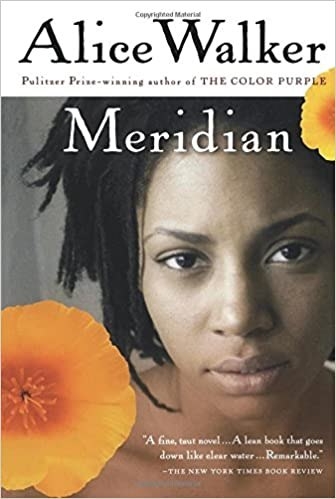March is Women’s History Month—a month-long celebration of the vital role women have played in American history. Observed for over thirty years, Women’s History Month owes much of its legacy to the academics and activists who in the 1970s pushed for more recognition of Women’s Studies as an important area of focus in higher education. In her book When Women Ask the Questions: Creating Women’s Studies in America, Professor Marilyn Boxer recognizes that “merely to assert that women should be studied was a radical act.”
The history of feminist publishing goes hand-in-hand with the history of Women’s Studies as an intellectual pursuit. Through the University of Washington Press’s Women, Gender, and Sexuality Studies publishing, which includes our Decolonizing Feminisms: Antiracist and Transnational Praxis and Feminist Technosciences series, we join in this radical publishing legacy. Our press is dedicated to bringing emerging, forward-thinking, and global women’s voices into print.
Below, some of our recent authors reflect on their own legacy as female scholars and share the books that inspired them as academics and authors.
Meridian by Alice Walker (Harcourt Brace Jovanovich, 1976)
This extraordinary novel explores the titular character’s personal, political, and spiritual development in the heart of the civil rights movement. A sensitive girl who grows into a complex, and often suffering young woman, Meridian leaves personal hardship in her Southern hometown for college, only to return years later and emerge as a leader in the civil rights movement. The novel considers the limits of self-sacrifice in the name of collective justice, asking what it means to love oneself, each other, and the movement. Here, Walker and Meridian herself, inspired me as a young activist by offering lessons about how long it takes to really find oneself, and the role of love and care in difficult, long-term activist work.

Islam and Gender: The Religious Debate in Contemporary Iran by Ziba Mir-Hosseini (Princeton University Press, 1999)
After reading this book, I knew I wanted to pursue graduate research around questions of gender, Islam, and Iran. Mir-Hosseini takes us into the heart of religious debates in Iran by interviewing leading clerics in the city of Qom. The author charts the complexity of debates among religious scholars around gender, religious interpretation, Islamic jurisprudence, and politics. Mir-Hosseini captures Iran’s rich culture of debate, the capacity of religious discourses to accommodate contemporary understandings of gender and justice, and the heterogeneity of social actors and influences in Iran.

Catherine Sameh, assistant professor of gender and sexuality studies at University of California, Irvine and author of Axis of Hope: Iranian Women’s Rights Activism across Borders
Cheap Amusements: Working Women and Leisure in Turn-of-the-Century New York by Kathy Piess (Temple Univ. Press, 1986)
I read Kathy Piess’s Cheap Amusements as an undergraduate. It was the first time I encountered a scholar who took women’s cultural history seriously. She seamlessly blended together political, economic, social, and cultural history, demonstrating how clothing, theater, and theme parks offered key sites for resistance among women with limited resources. I saw myself in those pages. Piess’s work, alongside many other fantastic women cultural historians, sent me down a path of inquiry into the very real consequences of style, performance, and consumption in people’s everyday lives.

Rebecca Scofield, Ph.D., Assistant Professor of History at the University of Idaho and author of Outriders: Rodeo at the Fringes of the American West
A Border Passage: From Cairo to America—A Woman’s Journey by Leila Ahmed (Penguin, 1999)
The book that showed me the path for how to listen, reflect, process, and finally tell a story, be that one’s own or other people’s was A Border Passage by Leila Ahmed. I picked the book by chance from a counter at the library at Cal State Fullerton in 2004. I was a journalist at that time and was facing a dead-end using the lens of media studies in trying to understand the Kashmir dispute. I also was stifled because journalism is so “objectivity-centric” that one has to constantly hide oneself even in the analysis. Reading Leila Ahmed, I was struck by the clarity and insight she has when she is rendering her early life in Egypt. Her book is a memoir no doubt, but the vivid storytelling, the deep compassion it had for the people that inhabited the story, the nuanced exploration of events and incidents, and the author’s self-reflexivity opened a window that I never wanted to close. It turned out that Leila Ahmed is an anthropologist. Having grown up in Kashmir the discipline was unknown to me, but on a lighter note, now having come to know of it, I wanted to have what Leila Ahmed had. Anthropology allowed me to keep nurturing my poetic side. It had room for me to write academic analysis and treat poetry as a manifestation of serious ethnographic work. It has made the discipline even more valuable for me.

Ather Zia, assistant professor of anthropology and gender studies at the University of Northern Colorado and author of Resisting Disappearance: Military Occupation and Women’s Activism in Kashmir







